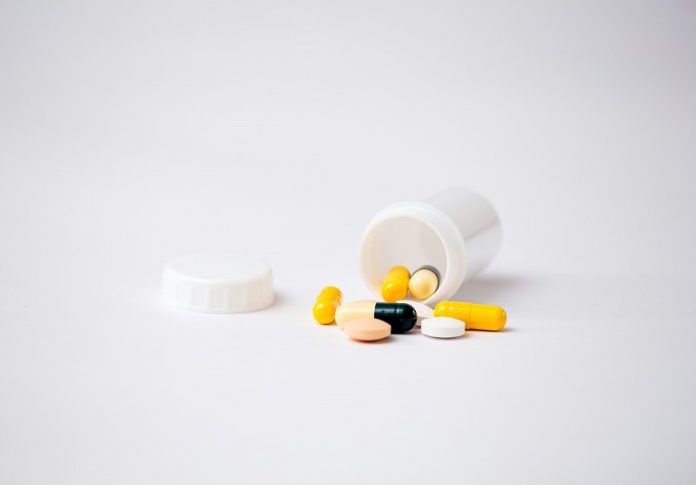
A comprehensive study spanning 17 years and involving over 730,000 people treated for high blood pressure has been brought to light by researchers from Columbia University.
This research provides invaluable insights into the comparison of two widely used blood pressure medications: chlorthalidone and hydrochlorothiazide.
Both medications have been staples in the treatment of high blood pressure, aimed at preventing heart attacks, heart failure hospitalizations, and strokes. Yet, the findings of this extensive study reveal a crucial distinction in their safety profiles.
Despite their similar efficacy, chlorthalidone was associated with significantly higher risks of adverse side effects compared to hydrochlorothiazide.
Patients on chlorthalidone were found to have a nearly threefold increased risk of developing dangerously low potassium levels—a condition known as hypokalemia. This wasn’t the only concern; the study also highlighted an elevated risk of electrolyte imbalances and kidney issues among chlorthalidone users.
These complications are far from benign, potentially leading to severe health problems such as abnormal heart rhythms, confusion, kidney failure, and even the onset of type 2 diabetes.
The data showed that 6.3% of chlorthalidone-treated patients experienced hypokalemia, compared to only 1.9% of those taking hydrochlorothiazide.
This increased risk persisted even when chlorthalidone was administered in lower doses, prompting a reevaluation of its preferred status in treatment guidelines.
The findings emphasize the importance of monitoring patients for these side effects closely when chlorthalidone is prescribed.
High blood pressure, a condition that affects millions, can lead to devastating outcomes if not managed properly. However, with a combination of medication, lifestyle modifications, stress management, and regular medical check-ups, it’s a condition that can be effectively controlled.
Medications play a pivotal role, but the choice of the specific drug must be made carefully, considering both its benefits and potential risks.
Lifestyle changes such as adopting a healthy diet, engaging in regular physical activity, reducing alcohol consumption, and quitting smoking are essential components of a comprehensive management plan. Additionally, stress-reducing practices and home blood pressure monitoring can support overall treatment goals.
This study not only underscores the critical need for personalized treatment plans in managing high blood pressure but also highlights the ongoing need for research to guide medication choices.
As we move forward, the insights from George Hripcsak and his team’s research, published in JAMA Internal Medicine, remind both healthcare providers and patients of the complexities involved in treating high blood pressure and the importance of weighing the safety and efficacy of medication options.
If you care about high blood pressure, please read studies about unhealthy habits that may increase high blood pressure risk, and drinking green tea could help lower blood pressure.
For more information about high blood pressure, please see recent studies about what to eat or to avoid for high blood pressure, and 12 foods that lower blood pressure.
Copyright © 2024 Knowridge Science Report. All rights reserved.



